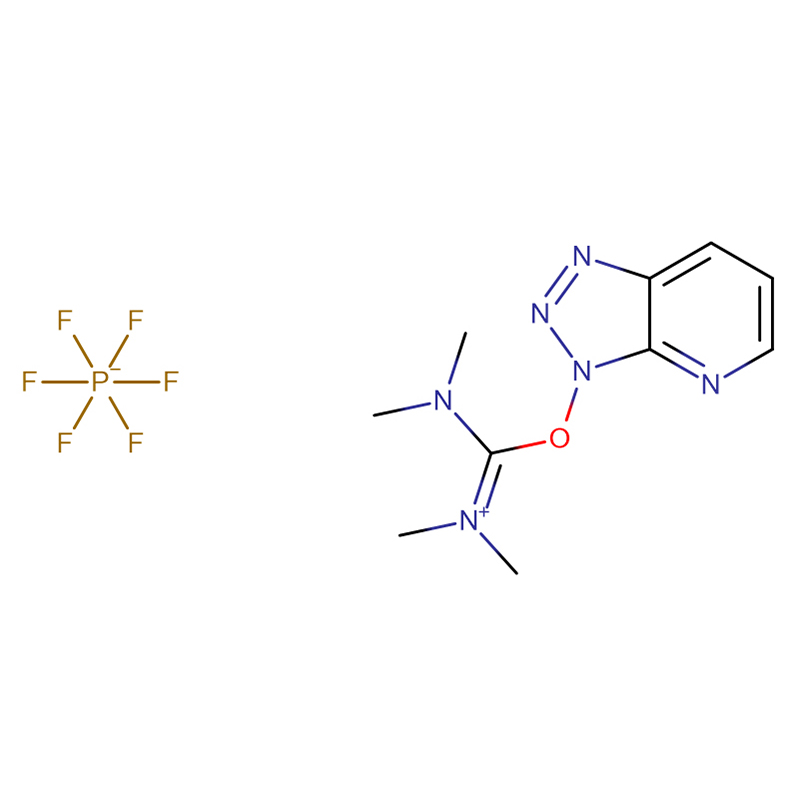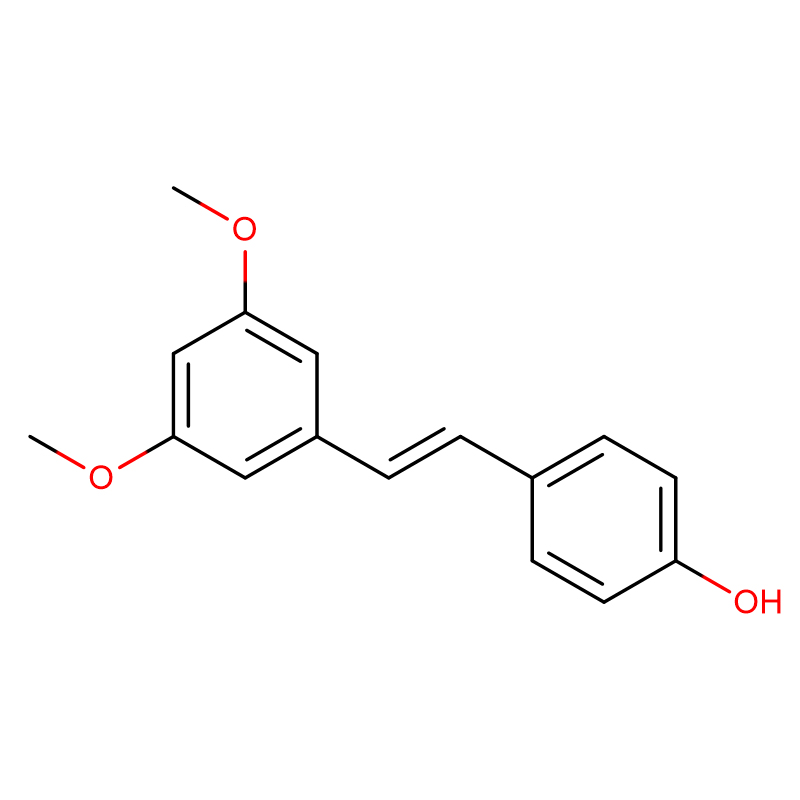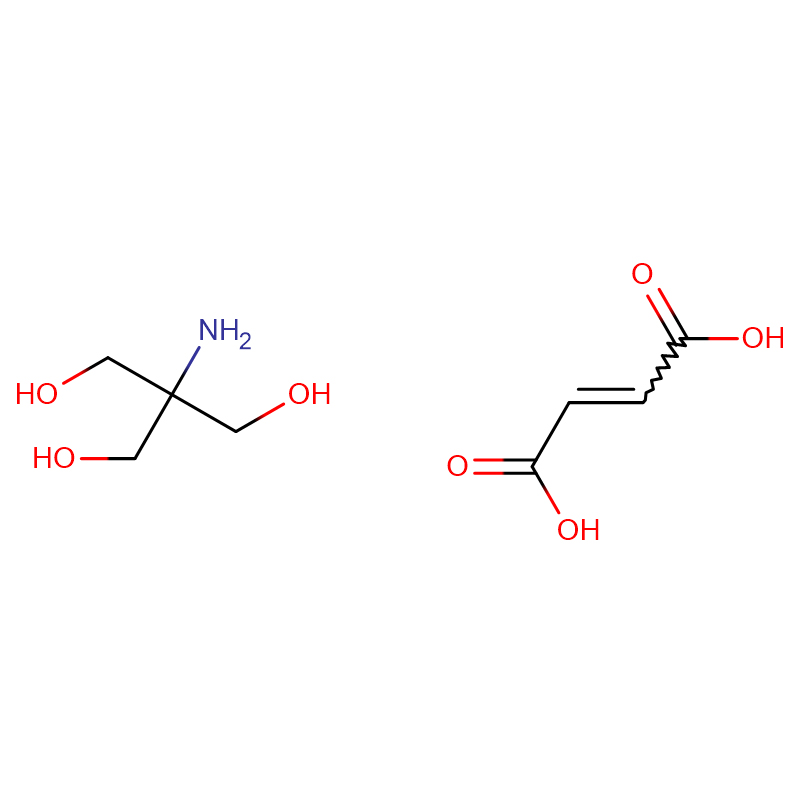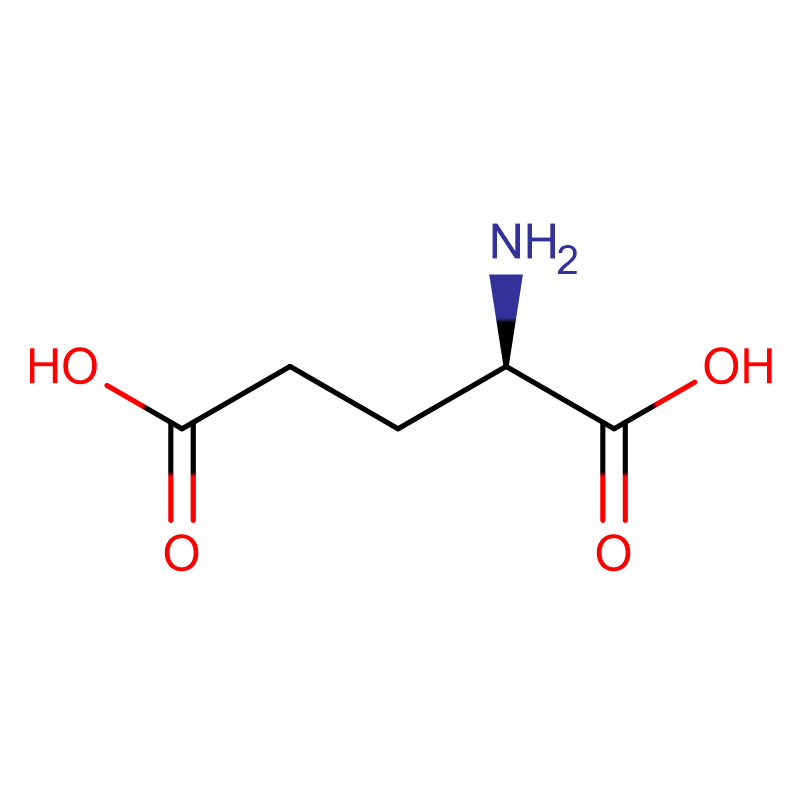Renewable Design for Bristol-Myers Squibb - L-Cysteine hydrochloride anhydrous CAS:52-89-1 99% White crystalline powder – XD BIOCHEM
Renewable Design for Bristol-Myers Squibb - L-Cysteine hydrochloride anhydrous CAS:52-89-1 99% White crystalline powder – XD BIOCHEM Detail:
| Catalog Number | XD90319 |
| Product Name | L-Cysteine hydrochloride anhydrous |
| CAS | 52-89-1 |
| Molecular Formula | C3H7NO2S·HCl |
| Molecular Weight | 157.62 |
| Storage Details | 2 to 8 °C |
| Harmonized Tariff Code | 29309016 |
Product Specification
| Appearance | White crystalline powder |
| Assay | 99% |
| Specific rotation | +5.6 – +8.9 |
| Conclusion | AJI92 Grade |
| Heavy metals | <10ppm |
| Identification | Infrared absorption spectrum |
| pH | 1.5 – 2 |
| Loss on Drying | <2.0% |
| Residue on Ignition | <0.1% |
| Other amino acids | Chromatographically not detectable |
| Arsenic (as As2O3) | <1ppm |
he major risk factor for Clostridium difficile infection (CDI) is the use of antibiotics owing to the disruption of the equilibrium of the host gut microbiota. To preserve the beneficial resident probiotic bacteria during infection treatment, the use of molecules with selective antibacterial activity enhances the efficacy by selectively removing C. difficile. One of them is the plant alkaloid 8-hydroxyquinoline (8HQ), which has been shown to selectively inhibit clostridia without repressing bifidobacteria. Selective antimicrobial activity is generally tested by culture techniques of individual bacterial strains. However, the main limitation of these techniques is the inability to describe differential growth dynamics of more bacterial strains in co-culture within the same experiment. In the present study, we combined fluorescent in situ hybridization and flow cytometry to describe the changes in active and non-active cells of a mixed culture formed by the opportunistic pathogen C. diff icile CECT 531 and the beneficial Bifidobacterium longum subsp. longum CCMDMND BL1 after exposure to 8HQ. It was observed that without 8HQ, the proportion of both strains was almost equal, oscillating between 22.7 and 77.9 % during a time lapse of 12 h, whereas with 8HQ the proportion of active C. difficile decreased after 4 h, and persisted only between 8.8 and 17.5 %. In contrast, bifidobacterial growth was not disturbed by 8HQ. The results of this study showed the selective inhibitory effect of 8HQ on clostridial and bifidobacterial growth dynamics, and the potential of this compound for the development of selective agents to control CDIs.
Product detail pictures:
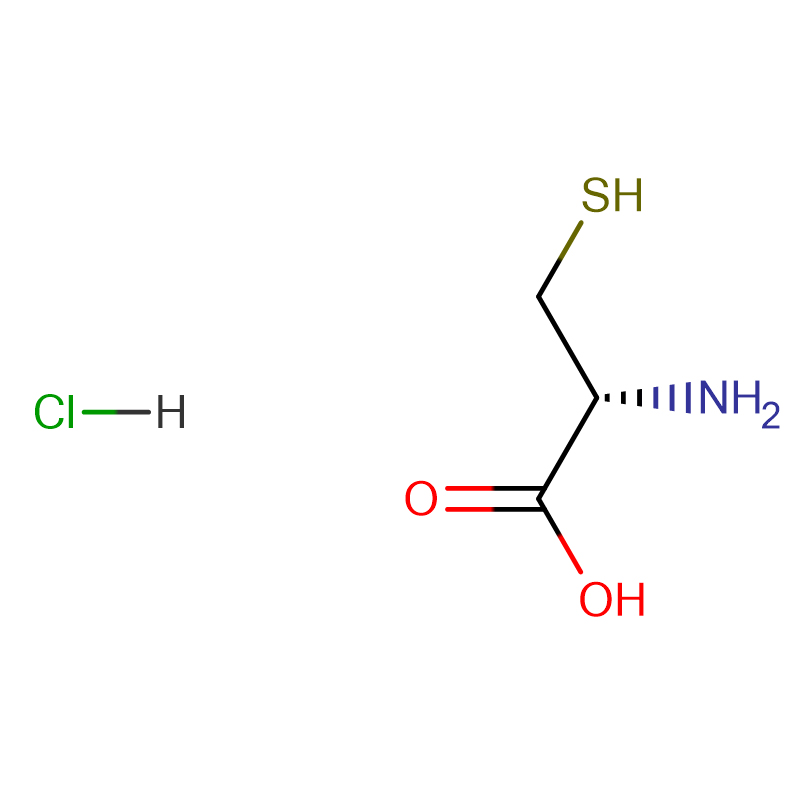
Related Product Guide:
Our goods are broadly recognized and reliable by users and can meet consistently switching financial and social demands of Renewable Design for Bristol-Myers Squibb - L-Cysteine hydrochloride anhydrous CAS:52-89-1 99% White crystalline powder – XD BIOCHEM , The product will supply to all over the world, such as: New York, Qatar, France, Ought to any of these products be of curiosity to you, remember to allow us to know. We are going to be satisfied to give you a quotation on receipt of one's in depth specs. We've our private experienced R&D enginners to meet any of one's requriements, We appear forward to receiving your enquires soon'and hope to have the opportunity to work together with you in the future. Welcome to check out our company.
The company's products very well, we have purchased and cooperated many times, fair price and assured quality, in short, this is a trustworthy company!


